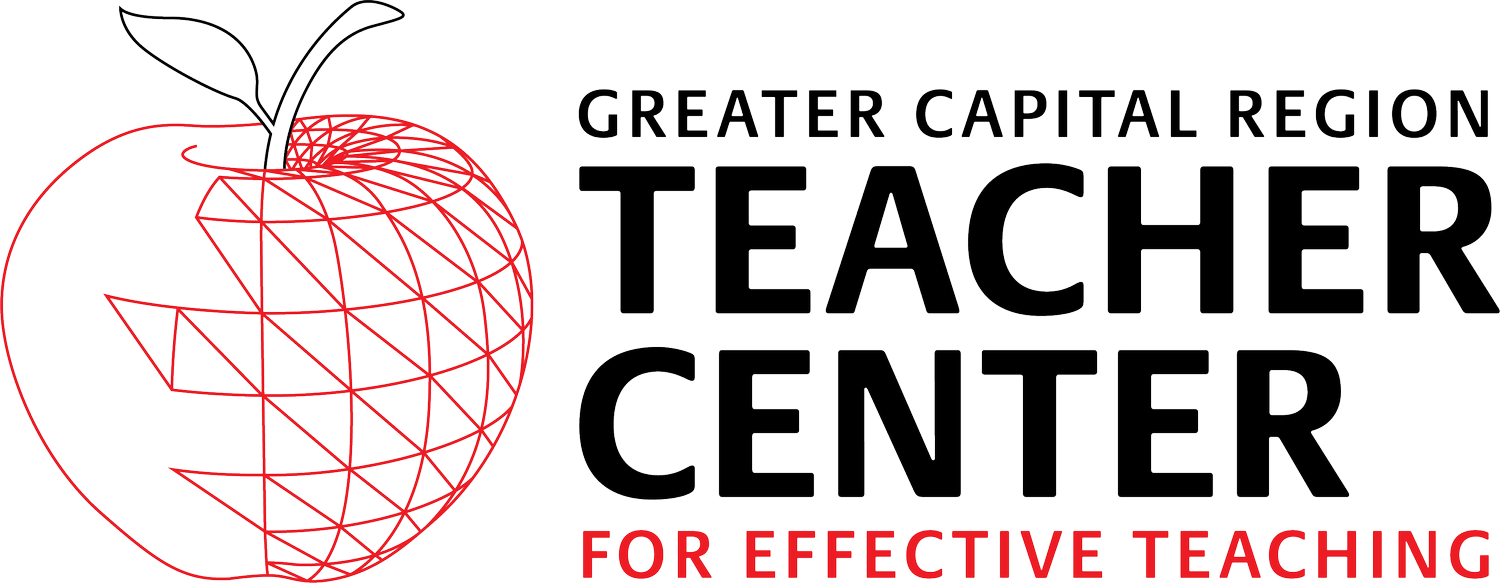World Arts Pedagogy: Building Empathy in Arts Courses
In World Arts Pedagogy: Building Empathy in Arts Courses, participants will explore the intersection of global arts practices and the development of empathy in educational settings. This course examines how diverse artistic traditions, cultural expressions, and creative processes can serve as powerful tools for fostering empathy among learners. Drawing from a wide range of artistic disciplines-including visual arts, music, dance, theater, and storytelling-this course equips educators and artists with strategies to integrate empathetic engagement into their teaching.
Participants will engage with practical methodologies that emphasize collaborative learning, cross-cultural understanding, and emotional intelligence. Participants will analyze how the arts can bridge cultural divides, promote social justice, and nurture compassion in diverse classroom environments. By the end of the course, participants will be able to design and implement arts-based curricula that not only deepen artistic understanding but also cultivate an inclusive and empathetic atmosphere in the classroom. Whether working with children or young adults, this course empowers educators to create transformative learning experiences that encourage both personal and collective growth.
Key Topics:
• The role of the arts in fostering emotional and social intelligence
• Methods for integrating global art traditions into contemporary pedagogy
• Practical strategies for building inclusive, supportive, and empathetic classrooms
• The impact of arts-based learning on community building and social change
This course is designed for K-12 arts educators.
FORMAT: Asynchronous online learning
DATES: 2/3/25 - 3/17/25
FACILITATOR: Sabrina LaPointe
GCRTC CONTACT: Denise Lutter, Ed.D., GCRTC Teacher Leadership Coach for Visual and Performing Arts
FEE: None. Registration is required.
CTLE HOURS: 15
REGISTRATION: https://tinyurl.com/3mku62br

